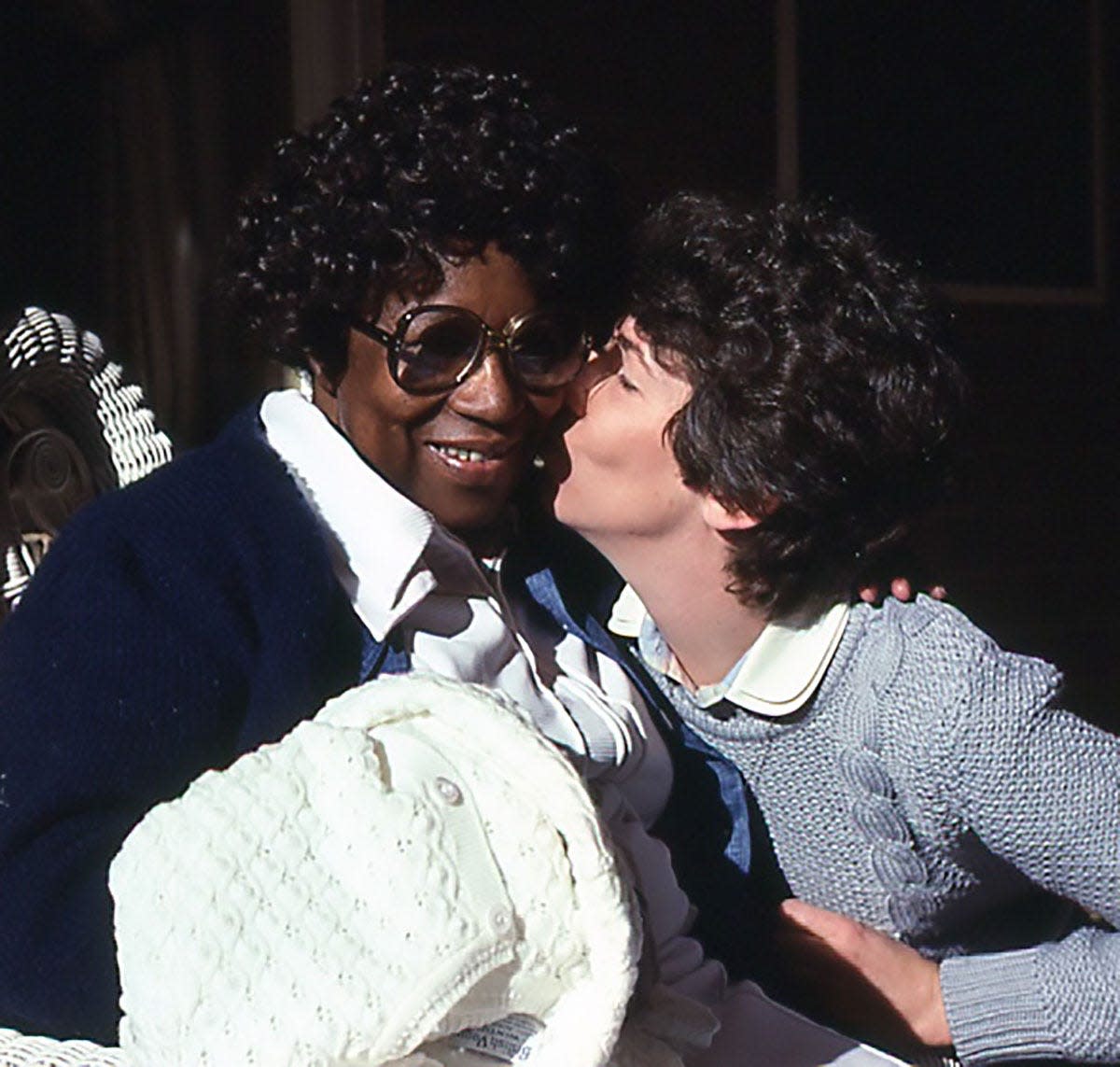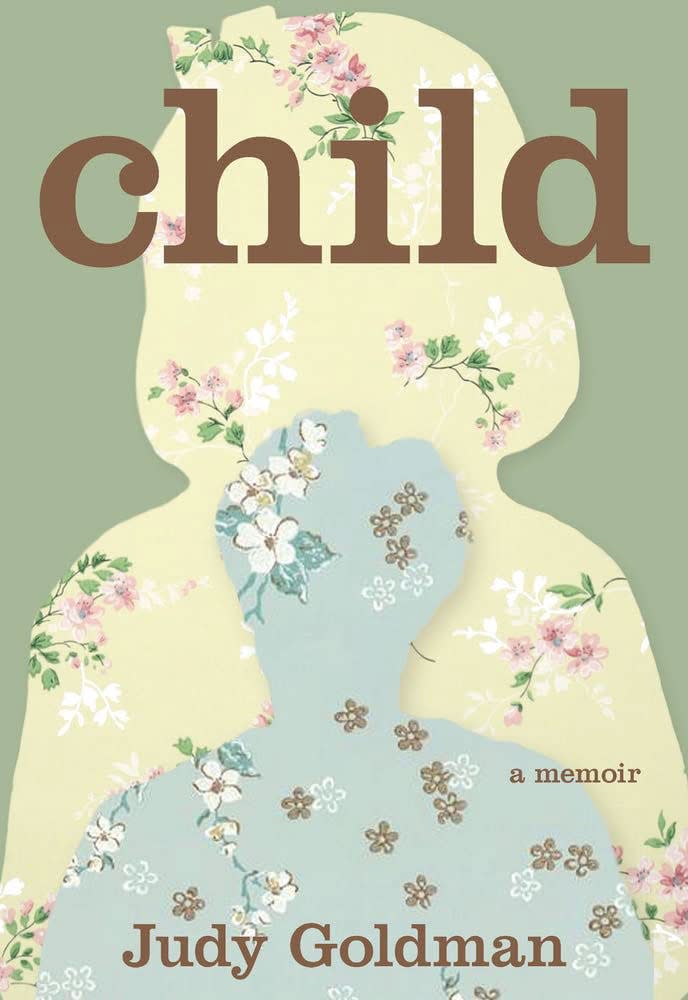Poignant memoir recalls days when Black servants lived with white families

Few Southerners under the age of 50 will recall these days first-hand, but as late as the 1970s, large numbers of white families hired Black women as full- or part-time cooks and maids.
Charlotte author Judy Kurtz Goldman tries to come to terms with those days in her poignant memoir, "Child." The slim volume is dedicated to Mattie Culp, who worked for Goldman's parents from 1944 until, basically, their deaths.

In addition to a number of distinguished novels ("The Slow Way Back," "Early Leaving"), Goldman has written a series of memoirs. "Together," her account of her husband's death, was named Best Book of 2019 by Real Simple magazine.
"Child" was what Culp called little Judy and continued to call her for decades. The two were undeniably close. Unlike most maids, Culp lived with the Kurtz family on weekdays for many years. And little Judy slept with Culp from the time she was 3 until she was well into grade school. It was "Mattie" who walked little Judy to nursery school (and sometimes carried her, when her loving but strict father wasn't looking).
Goldman writes "Child" in short, sharp chapters, usually told from a child's point of view, focusing on a single memory.
She gives a vivid but familiar picture of life under Jim Crow (segregated movie theaters, segregated schools, the "back of the bus"). Fans of Kathryn Stockett's novel "The Help" will note that the Goldman family caused a mild scandal in Rock Hill, S.C., since their maid "lived in," yet they only had one bathroom.
More: Book reviewsFormer Kure Beach mayor publishes late wife's dissertation on the end of slavery
Looking back with a half-century's perspective, Goldman re-examines the family's relationship with Culp. The wages were low and the hours were long. "Mattie" was treated paternalistically, as part of a caste. She was "one of the family," but never dined at the table with them.
The adult Goldman confronts a mystery: Culp did treat her as if she were her own child. Yet Culp had a daughter of her own, whom she rarely saw. What was going on? It takes 50 years before she gets all the answers.
Goldman insists that the love she felt for Culp was real, and that Culp truly loved her back. "It is possible," she concludes, "for love to co-exist with ugliness."
More: Wilmington peopleIf there's a mayor of downtown Wilmington, it might be this bar owner from Belarus
But it is complicated.
"Child" covers other topics, including the slow pace of Southern desegregation. (Goldman's father, who ran a clothing store in Rock Hill, was the first local white businessman to hire a Black sales clerk.)
There's also the complex business of being Jewish in the South. Goldman's parents were practicing Jews, yet they kept a Christmas tree along with a menorah, and little Judy went to sleep soothed by old-time hymns and spirituals.
Readers with long memories may be reminded of the memoir "Off-White" by Laurie Gunst, whose family had Wilmington ties.
"Child" reads like a novel and would spark a lot of discussion at any book club.
Book review
'CHILD: A Memoir'
By Judy Goldman
University of South Carolina Press, $19.99 paperback
This article originally appeared on Wilmington StarNews: Child: A Memoir by Judy Goldman, white families had Black servants

